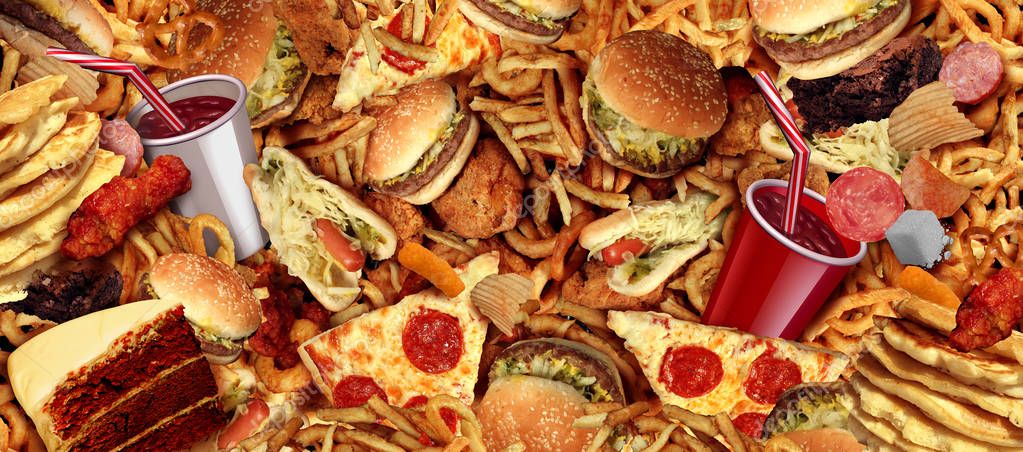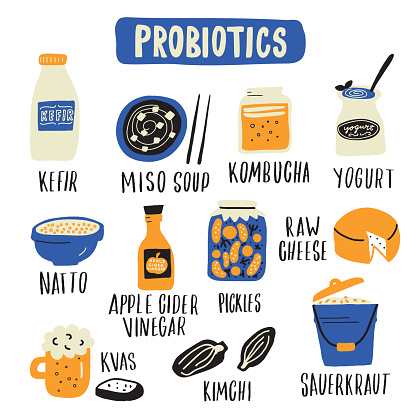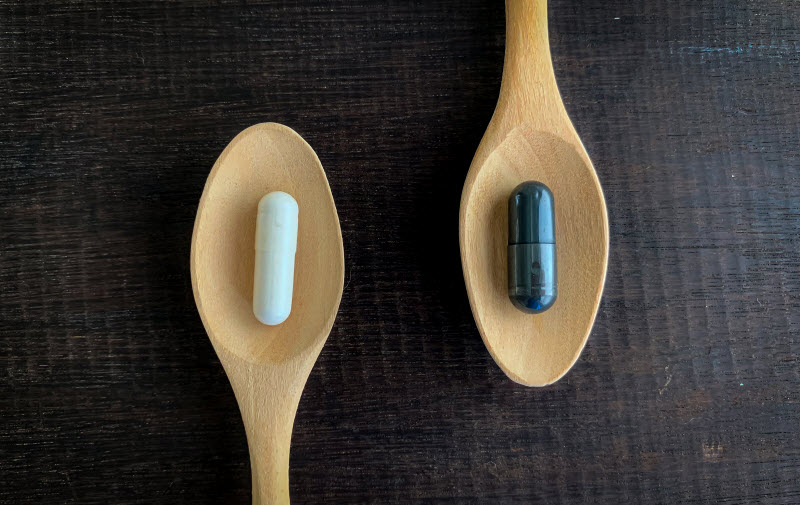Good health can be measured when your body weight is under the normal range. The meal you take in your daily diet is the important factor in maintaining a good and healthy weight and it helps to reduce the body weight. Exercise is also the other chief factor. Low-fat diets were formerly regarded to be the most effective method to reduce weight. Low-fat diets frequently fail, according to a growing body of data, in part because fat is routinely replaced with readily digestible carbs.
The fact is that practically any diet will help you consume fewer calories. Diets do this in two ways: influencing your behavior and how you think or feel about food by convincing you to consume particular “good” meals and/or avoid “bad” ones.
The optimal diet for weight loss is one that benefits all areas of your body, not just your waistline, from your head to your toes. It’s also something you’ll be able to live with for a long time. In other words, a diet that includes a variety of tasty and healthful options excludes just a few things and does not require a large and costly list of groceries or supplements.
If you’re concerned about obesity, you might want to reconsider your bedtime. Major multinational research of middle-aged and older persons reveals that sleeping late is linked to obesity and huge belle.
How to Lose Weight Quickly in Three Easy Steps:
- Reduce your intake of processed carbohydrates.
One way to lose weight quickly is to cut back on sugars and carbohydrates, sometimes known as carbs. This can be done by eating a low-carb diet or replacing processed carbs with healthy grains.
2. Protein, fat, and veggies should all be consumed.
Each of your meals should have the following ingredients:
A source of protein, a source of fat, and veggies
A little number of complex carbs (whole grains, for example)
It’s critical to consume enough protein to maintain your health and muscle mass when reducing weight. Vegetables with low carbohydrate content and a lot of leafy greens. Don’t be scared to pile leafy green veggies on your plate. They’re high in nutrients, and you can eat a lot of them without adding a lot of calories or carbohydrates to your diet.
Fats that are good for you; whatever food plan you adopt, your body still wants healthy fats. Olive oil and avocado oil are both excellent additions to your diet.
3. Make your body move.
While exercise isn’t an essential way to lose weight, it might aid you to reduce weight quicker. Lifting weights offers a lot of benefits. Lifting weights can help you to burn a lot of calories and keep your metabolism from slowing down, which is a frequent adverse effect of weight loss.
References:


















